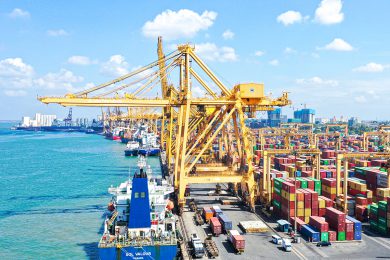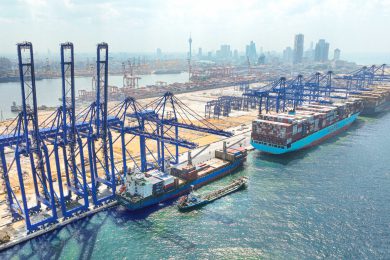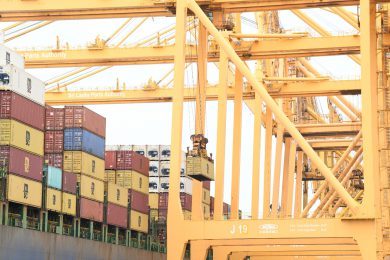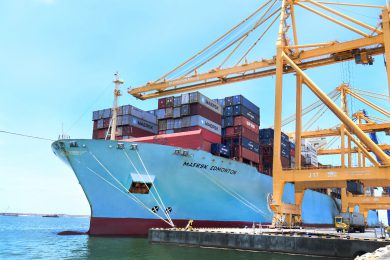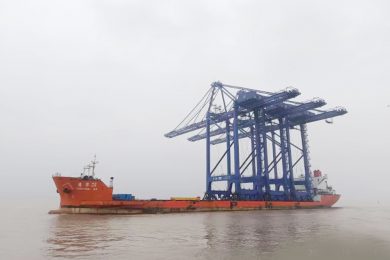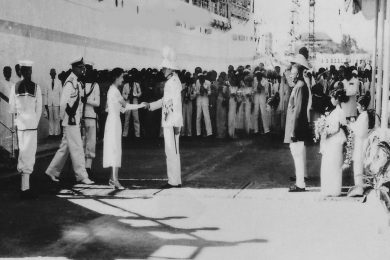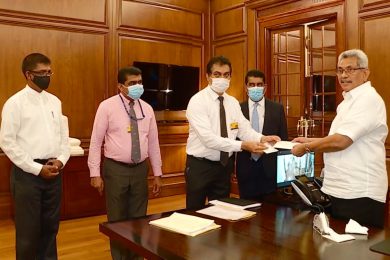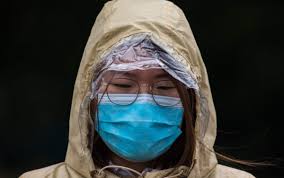Public Health Emergency of International Concern
The World Health Organization (WHO) declared the outbreak of outbreak of 2019-nCoV Coronavirus to be a Public Health Emergency of International Concern (PHEIC) on 30 January 2020. Read more here.
The WHO does not recommend any travel or trade restriction based on the current information available.
Advice for IMO Member States, seafarers and shipping
IMO has issued the following circular letters:
- Circular Letter No.4203 Novel Coronavirus (2019-nCoV) provides information and guidance, based on recommendations developed by the World Health Organization (WHO) and the Division of Healthcare Management and Occupational Safety and Health (DHMOSH), United Nations, on the precautions to be taken to minimize risks to delegates attending meetings at IMO following the recent outbreak of novel coronavirus (2019-nCoV).
- Circular Letter No.4204 Novel Coronavirus (2019-nCoV) providing information and guidance, based on recommendations developed by the World Health Organization (WHO), on the precautions to be taken to minimize risks to seafarers, passengers and others on board ships from the novel coronavirus (2019-nCoV). Member States are advised to urge all stakeholders (companies, managers, crewing agents, etc.) to promulgate information to ensure that seafarers, passengers and others on board ships are provided with accurate and relevant information on the coronavirus outbreak and on the measures to reduce the risk of exposure if they are likely to be engaged on ships trading to and from ports in coronavirus-affected States.
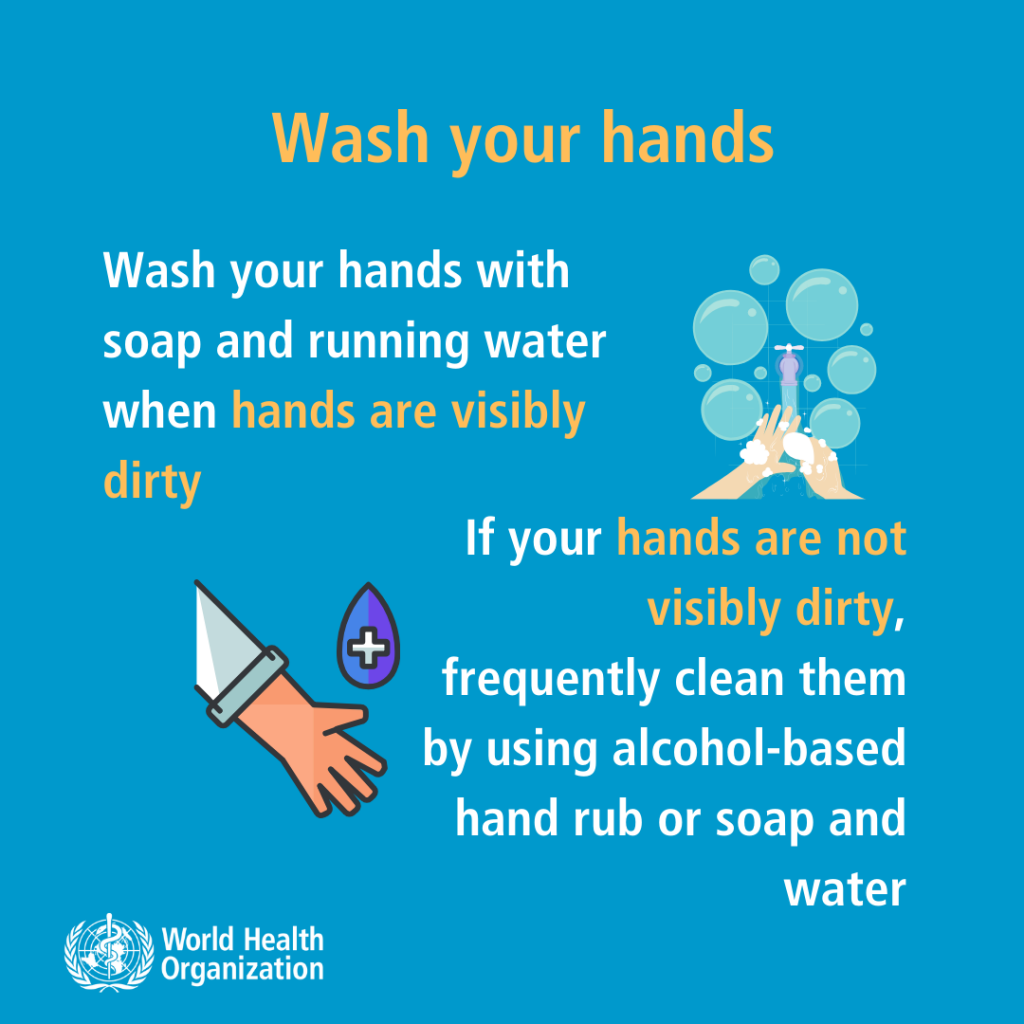
Additional advice:
The following links also provide advice to seafarers and shipping (non-exhaustive list):
- International Maritime Health Association (IMHA) advice for shipping companies on the new type of coronavirus (2019-nCoV)
- USCG Novel Coronavirus Precautions
World Health Organization advice
On 31 December 2019, the World Health Organization (WHO) was alerted to several cases of pneumonia in Wuhan City, Hubei Province of China. The virus did not match any other known virus. This raised concern because when a virus is new, we do not know how it affects people. One week later, on 7 January, Chinese authorities confirmed that they had identified a new virus. The new virus is a coronavirus, which is a family of viruses that include the common cold, and viruses such as SARS and MERS. This new virus was temporarily named “2019-nCoV.”
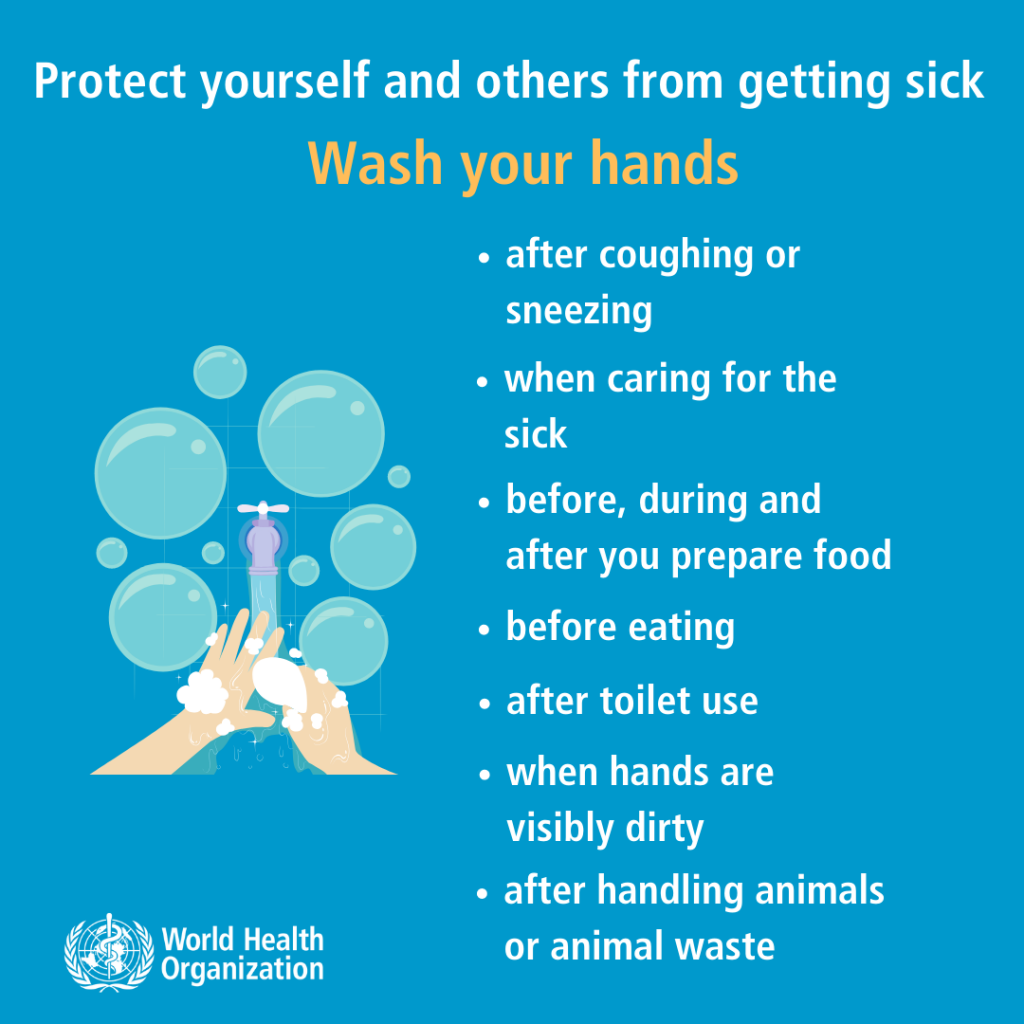
WHO has been working with Chinese authorities and global experts from the day we were informed, to learn more about the virus, how it affects the people who are sick with it, how they can be treated, and what countries can do to respond.
Because this is a coronavirus, which usually causes respiratory illness, WHO has advice to people on how to protect themselves and those around them from getting the disease.
WHO provides Novel Coronavirus (2019-nCoV) travel advice here: https://www.who.int/emergencies/diseases/novel-coronavirus-2019/travel-advice



